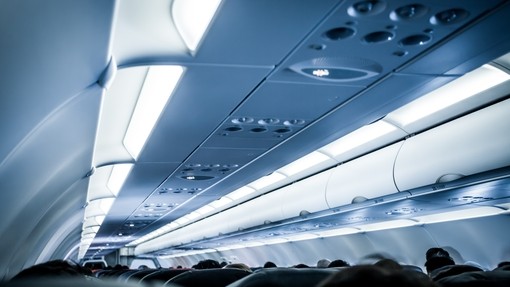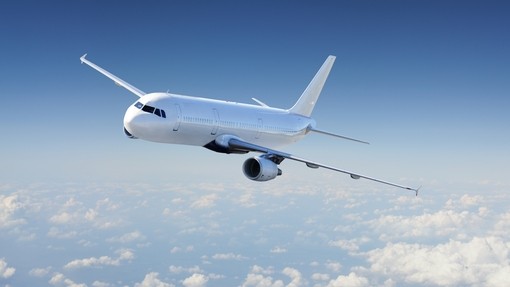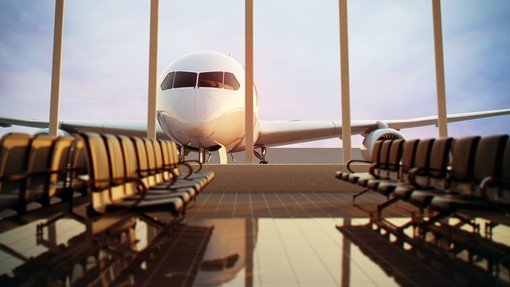Coronavirus: tips for the travel industry

Details
With the daily headlines in the media being dominated by ‘coronavirus’ Sarah Barnes and Laura Wilson highlight some key points for those working in the travel industry to keep in mind.
1) Guidance against travel
Cases of coronavirus were first reported in Hubei Province, China, in December 2019 and have now been confirmed in a number of countries in Asia, as well as Europe, North and South America, Africa and Australia.
The Foreign Commonwealth Office (FCO) is currently advising against all travel to Hubei Province, and against all but essential travel to the rest of mainland China; the cities of Daegu and Cheogndo in South Korea; and ten small towns in the Lombardy region and one in the Veneto region of Italy. The FCO is not currently advising against travel to any other country/territory but this could be subject to change at any time.
Cruise Lines International Association (CLIA) have adopted an enhanced member health policy for cruise guests and crew who have travelled from or through China, including Hong Kong and Macau, which all CLIA ocean member cruise lines are required to follow.
2) Traveller cancellation rights pre-departure
Travellers are unlikely to have a contractual right to cancel or rebook their holiday, even when travelling to countries affected by coronavirus (and there are many), unless the FCO prohibit travel to those areas. Normal cancellation charges will therefore apply. In these circumstances if a traveller decides that they do not wish to travel, then the traveller will not be able to obtain a refund of their holiday costs. It is also unlikely that a traveller’s holiday insurance policy will cover any cancellation charges.
Where the FCO advises against all but essential travel to a particular destination the traveller will be able to cancel their holiday for free or re-book for free without incurring any cancellation charges.
The ABTA code of conduct at Para 3A(i) states that ABTA Members shall not cancel travel arrangements after the balance due date, but before travel, unless ‘it is necessary to do so as a result of unavoidable and extraordinary circumstances’. If the traveller has booked a package holiday (for example a cruise or a combination of a flight and hotel), the Package Travel and Linked Travel Arrangements Regulations 2018 (PTR) allow a traveller to cancel without penalty where unavoidable and extraordinary circumstances at the place of destination or its immediate vicinity significantly affect the performance of the package.
In such circumstances, the traveller is entitled to a full refund within 14 days from the package organiser but no additional compensation. An outbreak of coronavirus in a specific hotel booked by a traveller would therefore fall within the definition of ‘unavoidable and extraordinary circumstances’ at the place of destination, which will trigger a traveller’s right to cancel their holiday without penalty pre-departure.
3) Traveller cancellation rights post-departure
Under the PTR, where a package organiser is unable to provide a significant proportion of the travel services of a package travel contract post-departure (for example, if a traveller is unable to stay at the hotel that they originally booked due to a coronavirus outbreak on site), the package organiser must offer, at no extra cost, suitable alternative arrangements of equivalent or higher quality where available. This could include offering the traveller an alternative hotel to stay but only where available. If the alternative arrangements are of lower quality, then a price reduction must be given to the traveller.
In normal circumstances, under the PTR, the traveller can only reject the alternative arrangements if they are not comparable, or the price reduction is inadequate, or if the package organiser fails to remedy the issue within a ‘reasonable period’ and thereafter the traveller can obtain a price reduction and compensation if appropriate depending on the circumstances. The traveller could also be entitled to repatriation if the package includes carriage of passengers.
However, with coronavirus situations changing on a daily basis, it will really depend on the facts of each case as to what the package organiser of the holiday can do for their guest, bearing in mind that health and safety of all customers and staff will always be at the forefront of their agenda and their number one priority.
4) Liability for personal injury claims
Given the litigious world we live in it is imperative that you have coronavirus procedures written and transmitted to all your staff and customers. These should include those recommended by the World Health OrganisatIon (WHO), the International Maritime Organisation, Cruise Line International Association and the Foreign and Commonwealth Office.
By following and implementing robust procedures, you will be able to demonstrate that you have not only adhered to industry and international standards and recommendations, but that your number one priority was and is always the health and safety of your customers and staff.
5) Crew/hotel staff
In relation to ship’s crew, the Maritime Labour Convention 2006 (MLC) sets out minimum working and living rights for seafarers. The MLC requires Shipowners to provide assistance and support if a crew member suffers sickness during their employment which begins when the crew member commences their duty and ends when they are repatriated. The MLC provides that the following costs should be covered: (1) the cost of medical treatment and any medication; (2) food and accommodation costs until the crew member has recovered or until the sickness has been declared permanent; and (3) full wages whilst the crew member remains on board or until they are repatriated.
When the crew member has been repatriated, they are entitled to wages as detailed in national laws or regulations or as provided for in collective agreements until they have recovered. The Shipowners’ responsibility for paying medical care and wages can be limited to 16 weeks from the day of sickness if provided for by national law. It is worth checking the crew members’ employment contracts as they can sometimes provide higher compensation levels.
With regards to hotel employees, employers should comply with the terms and conditions set out in the contract of employment in terms of the sick leave and pay entitlements. If employees are abroad, then you may wish to consider offering them the ability to seek medical advice and treatment.
In respect of any staff member (whether a crew member or hotel employee) you will want to ensure that, if they have symptoms of coronavirus or have had close contact with anyone suspected or diagnosed with coronavirus, that you implement necessary procedures such as quarantine or self-isolating crew/staff members in alternative accommodation. You should also remind staff to maintain hygiene standards and to report any symptoms they experience as soon as possible.
The health and safety of guests is always a top priority for organisers in the travel industry. However, in the case of coronavirus - as with any such outbreaks - a sensible and informed approach will protect a company’s brand reputation, as well as the welfare of travellers.
For any advice on any of the above issues please contact Sarah Barnes or Laura Wilson.
For further updates and other articles discussing the impact of the coronavirus please view our coronavirus hub.





